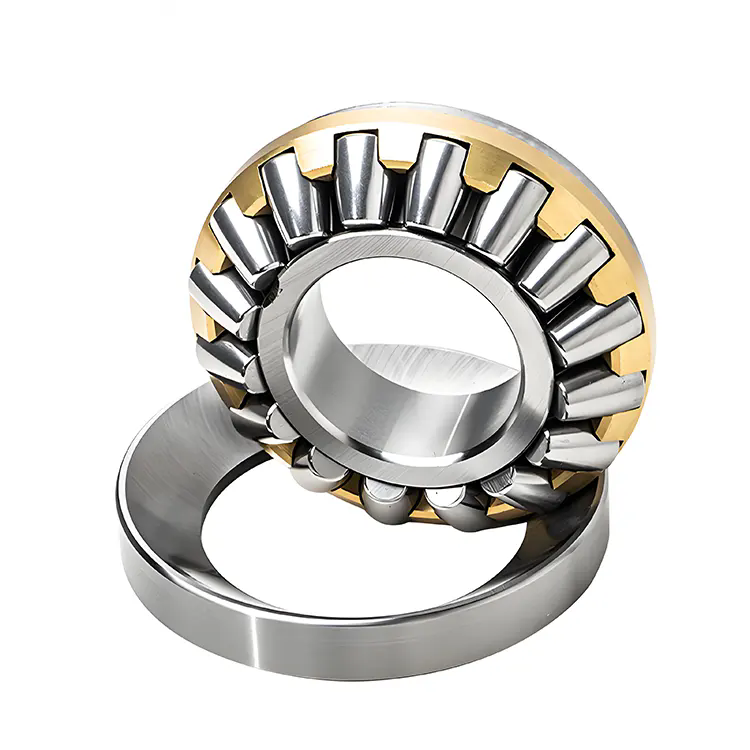Roller Bearing: Key Component for Efficient Mechanical Motion
2025-05-29
A roller bearing is an essential mechanical element designed to reduce friction between moving parts and support radial and axial loads in various machinery. Widely used in industrial, automotive, and aerospace applications, roller bearings ensure smooth rotation and improve the lifespan and performance of equipment.

What Is a Roller Bearing?
Roller bearings use cylindrical or tapered rolling elements placed between inner and outer rings (races) to facilitate relative motion between parts. Unlike ball bearings, which use spherical balls, roller bearings employ cylindrical rollers that provide a larger contact area, enabling them to carry heavier loads.
Types of Roller Bearings
1. Cylindrical Roller Bearings
Designed to handle high radial loads, they are commonly used in electric motors, gearboxes, and machine tools.
2. Tapered Roller Bearings
These bearings can support both radial and axial loads, making them suitable for automotive wheel hubs and heavy machinery.
3. Spherical Roller Bearings
Featuring self-aligning capabilities, they accommodate misalignment and are used in applications like mining and construction equipment.
4. Needle Roller Bearings
With slim rollers, these bearings are ideal for applications with limited radial space, such as transmissions and pumps.
Advantages of Roller Bearings
High Load Capacity
The large contact area of rollers allows them to bear heavy radial and axial loads.
Durability
Roller bearings typically have a longer service life compared to ball bearings under heavy-duty conditions.
Reduced Friction
By rolling instead of sliding, they minimize friction and wear, enhancing efficiency.
Versatility
Available in various designs tailored to specific load and alignment requirements.
Common Applications
Automotive industry (wheel hubs, transmissions)
Industrial machinery (conveyors, motors, pumps)
Aerospace components
Agricultural and construction equipment
Electric motors and generators
Maintenance and Care
To maximize the lifespan of roller bearings, regular maintenance is crucial:
Proper lubrication with suitable grease or oil
Keeping bearings clean and free from contaminants
Monitoring for unusual noises or vibrations
Ensuring correct installation and alignment
Conclusion
Roller bearings are indispensable components that contribute to the efficient operation of countless machines worldwide. Their ability to support heavy loads and reduce friction makes them vital in demanding industrial environments. Understanding their types and applications helps engineers select the right bearing for optimal performance and reliability.


